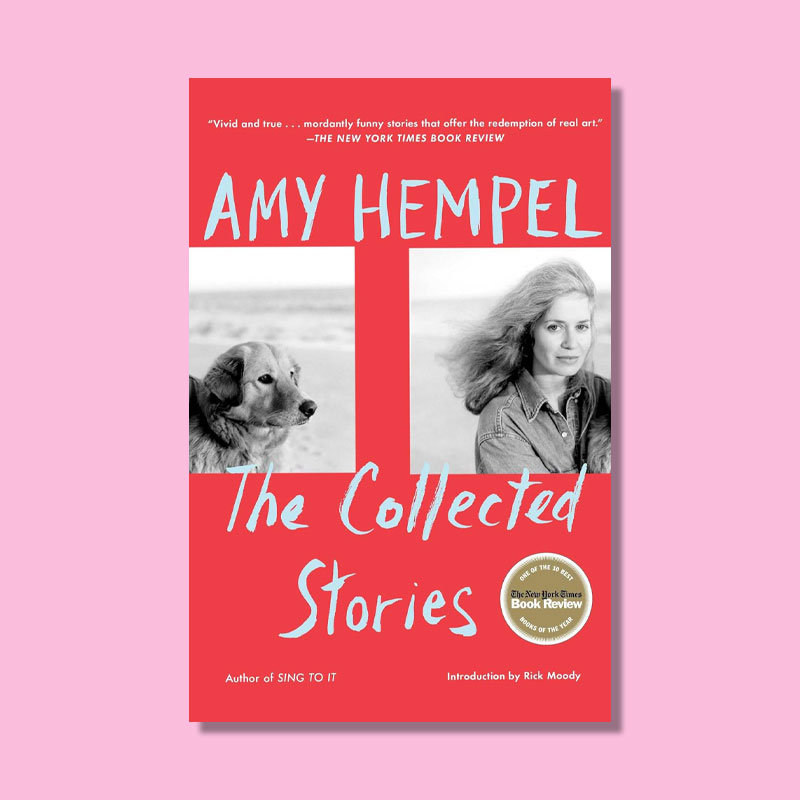Are "fewest" and "least" interchangeable? | | Although they seem like synonyms, here's why "fewest" and "least" aren't interchangeable — and how to decide which one to use. | |  | Rachel Gresh |
|
| |  | | A nyone who's watched Survivor knows the nail-biting excitement of the Tribal Council. In this high-stakes elimination, the rules are simple: The contestant who receives the most votes is sent home. This means that the contestants with the fewest votes stay in the game — or is it the least votes? While these two adjectives may seem interchangeable (and many people use them as such), they have distinct uses, and knowing when to use one over the other can make a big difference.
The key to choosing between "fewest" and "least" lies in what you're describing. If you're talking about quantifiable nouns — such as people or items — "fewest" is your go-to choice. On Survivor, the votes are countable, so "fewest votes" is grammatically correct. "Fewest" is the superlative adjective of "few," used to describe the smallest number of things in a group.
However, "least" also means "smallest." The difference is in the context: "Least" is a superlative of "little," referring to the smallest amount, not the smallest number. "Least" is not used with countable nouns. Instead, it's reserved for mass nouns — plural things that can't be counted individually, such as happiness, coffee, or snow. You could say, "I'm the least happy on the mornings that I have the least amount of coffee, and the most happy when there's the least amount of snow."
"Fewest" and "least" can be interchangeable — but only if you adjust your phrasing. Consider the coffee example above: "Fewest amount of coffee" doesn't work because "amount" is not a countable noun. But you could say "fewest cups of coffee," because "cups" is a countable noun. Similarly, "the least amount of work" or "the fewest hours of work" convey the same basic idea. The choice of adjective depends on whether you're referring to a mass noun (amount of work) or a countable noun (hours of work).
In Survivor speak: The tribe has spoken and the rules are set. "Fewest" and "least" are not interchangeable, though they have similar qualities. As a rule of thumb, use "fewest" for countable things (such as books, students, or minutes) and "least" for uncountable things (such as health, happiness, or water). Understanding this distinction will help you use both terms correctly and more precisely. |
| | Continue reading | |  |
| |
| | Thanks for supporting our sponsors! They help keep Word Smarts free for everyone. | |
Emoji Decoded | |  | | Wastebasket | | | Meaning: Depicts a wire trash can, used literally for garbage or metaphorically for rejecting or discarding something.
Evolution: It was part of the original emoji set, and it's proved a useful communication tool. It can imply cleaning or getting rid of something, especially when paired with another emoji.
Usage: [Caption on an Instagram photo of a messy room:] Spring cleaning mode activated 🧹🗑️ |
|
 | | Wastebasket | | | Meaning: Depicts a wire trash can, used literally for garbage or metaphorically for rejecting or discarding something.
Evolution: It was part of the original emoji set, and it's proved a useful communication tool. It can imply cleaning or getting rid of something, especially when paired with another emoji.
Usage: [Caption on an Instagram photo of a messy room:] Spring cleaning mode activated 🧹🗑️ |
|
| |
Have you read? | |  | | The Collected Stories of Amy Hempel | | By Amy Hempel | | My first exposure to Amy Hempel's writing was the story "In the Cemetery Where Al Jolson Is Buried" in a creative writing class in college. It felt like a part of me as soon as I read it, and I've never forgotten it. That story is in this collection, along with 49 others from her first four collections. They're smart, funny (if darkly so at times), and deeply, bracingly human. | | | | Allie Takeda, Senior Managing Editor | | | | We independently evaluate all recommended products and services. If you click on links we provide, we may receive compensation. |
|
 | | The Collected Stories of Amy Hempel | | By Amy Hempel | | My first exposure to Amy Hempel's writing was the story "In the Cemetery Where Al Jolson Is Buried" in a creative writing class in college. It felt like a part of me as soon as I read it, and I've never forgotten it. That story is in this collection, along with 49 others from her first four collections. They're smart, funny (if darkly so at times), and deeply, bracingly human. | | | | Allie Takeda, Senior Managing Editor | | | | We independently evaluate all recommended products and services. If you click on links we provide, we may receive compensation. |
|
| |
|

No comments:
Post a Comment